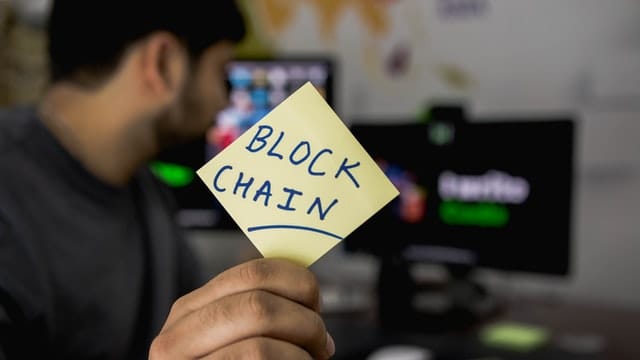The technology behind the laudable cryptocurrency popularly called bitcoin currency is blockchain. Bitcoin is revolutionizing payment and transaction methods without any strenuous processes. The blockchain is a vastly distributed ledger that is capable of recording anything valuable. It records any valuable or assets like money, contracts, equities and agreements among others. The records can then be saved and moved privately between two parties without any intermediary connection.
Since there is no third party, any verification or identification needed, thus, blockchain has been touted as the biggest things that can change the entire financial landscape. The technology relies on state-of-the-art cryptography to record only authentic transactions in which anyone can change its underlying code since it has open source technology. Thus, if one party to a blockchain attempts to modify the ledger, this technology notifies the other parties for proper action to be taken. The ways in which blockchain can change the financial landscape are numerous but the salient points are listed below:
Banks: blockchain needs no intermediaries for any transactions as mentioned above, the biggest effect this will have might be on banks. But banks will not sit down and watch while they fold up, which is why banks and other institutions such as JP Morgan, UBS, Fubon Financial, BNP Paribas and ING have come together to build versions of their own blockchain. Their blockchain technology is channeled behind Ethereum, the second most popularly known cryptocurrency. This will enable the banks to become an intermediary in the cryptocurrency business and also remain relevant in the financial institution. Moreover, if you would like to learn more about the roles that banks play when it comes to buying and selling cryptocurrencies like Yuan Coin, you can find a wide range of helpful resources online including information about yuan coin gdzie kupic (where to buy Yuan Coin) on the Kryptoportal website.
Investments: lawyers, investment bankers and venture capitalists among other intermediaries come with a high cost to hire their services for the traditional investment methods which rely on intermediary. However, this is no longer the case as peer-to-peer landing schemes without any form of intermediary is derailing the above method. The system that discredits this intermediary system is the blockchain technology which aids smooth transaction between entrepreneurs and funders.

Significance: with the way transactions are done on the blockchain, it makes the world closer to everyone and a more conducive banking service for hundreds of million people. The system eliminates any duplication and verification of data as all data entry is secured cryptographically. Every transaction of a user, even their inter-country transactions and remittances are easily verified. Since no tax involved, the technology is capable of doing better than the bank system.
Solutions to unstable currency: blockchain technology offers a solid protection from hyperinflation and unstable financial conditions; this prevents investors from going bankrupt. Bank deposits may lose value almost every day, a rare thing that can happen to cryptocurrency. Blockchain technology has the potential to bring significantly more financial security to the population from countries with an unstable economy.
Intercontinental business: blockchain technology offers financial synergy and unites every investor all over the globe. It makes people get paid in the same currency without the hurdle of different countries exchange rate or any third party. Working condition will be highly stressful and challenging if investments and transactions still follow the route of the third-party system.
Online gambling: People like to gamble when they have anonymity and this anonymity is provided by a Bitcoin casino, i.e., casinos that accept bitcoin and other cryptocurrencies that use the block chain technology.
In a nutshell, the blockchain technology offers more financial advantages to investors than the normal banking system, but it is too early to conclude whether it will be accepted as a means of currency worldwide.







